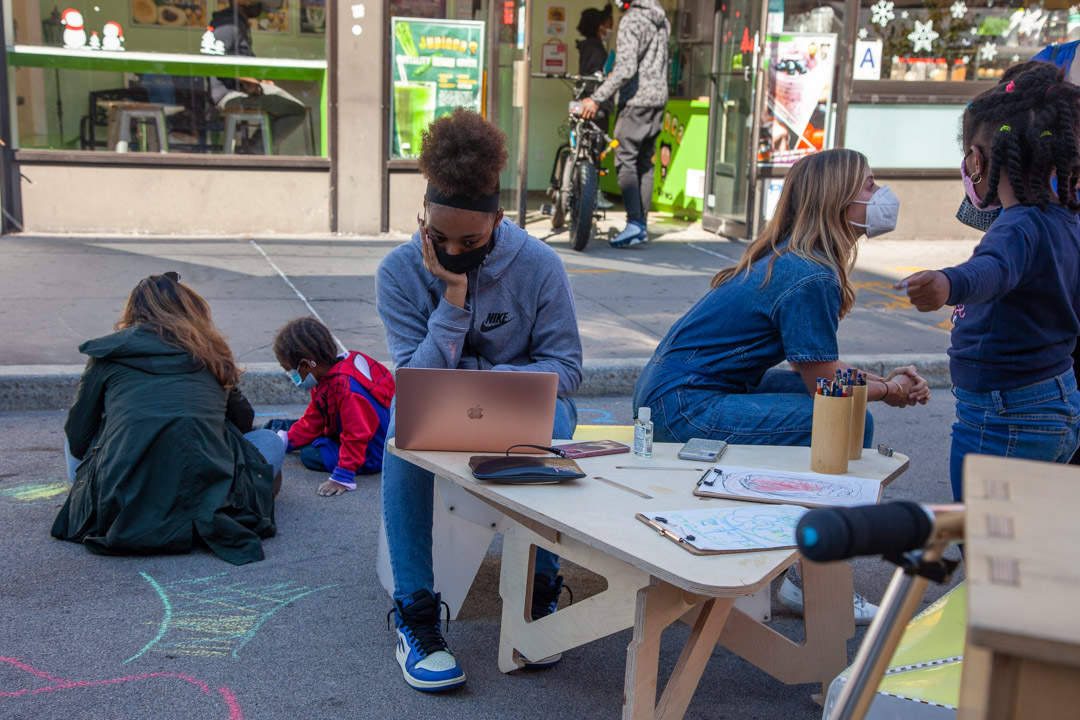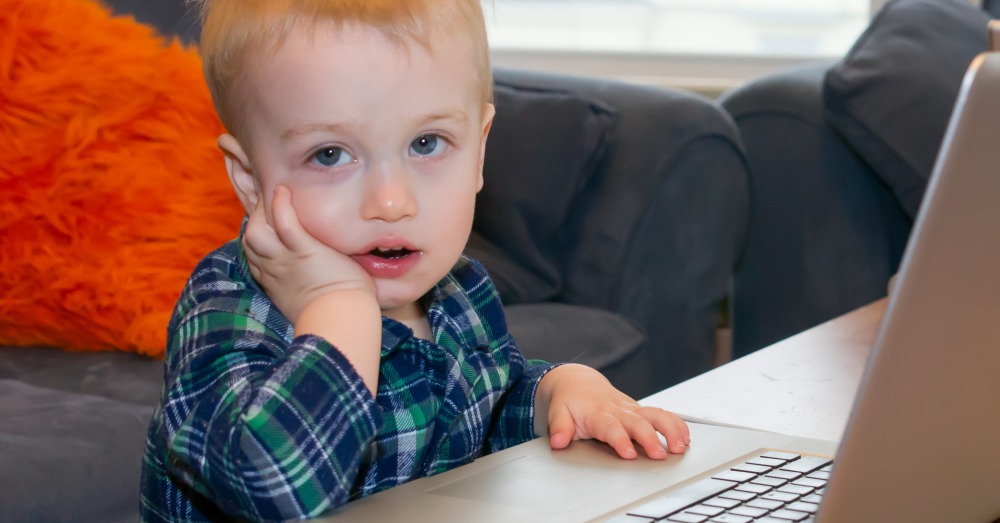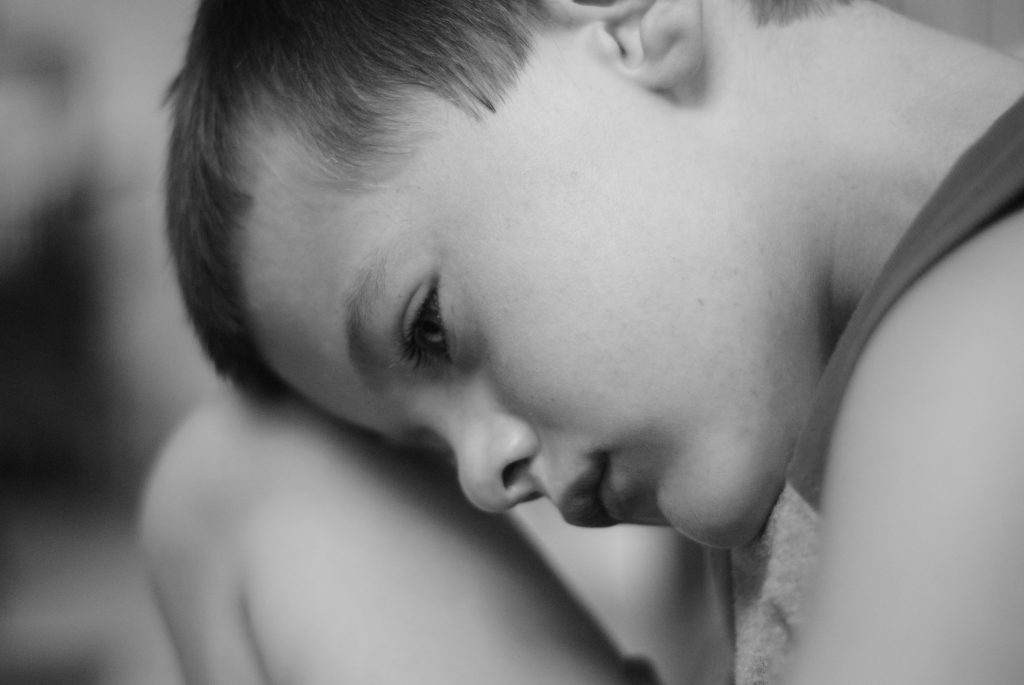
In March, 2020, schools closed throughout the country. While some communities opened for the current school year, for the majority of children learning came via a computer link. Virtual schooling has been judged to be a failure for many children, especially those disadvantaged by ability or challenging circumstances in their home lives. Children with special needs have struggled to learn via zoom, and most have lost over a year of therapeutic interventions, education’ and socialization. Other children lack WIFI to connect the chrome books provided to them by the schools for online teaching. Or they are too hungry to attend to school lessons. Or there is no adult at home to monitor their “attendance” at what passes for school in lieu of being with an actual teacher.
Virtual schooling has been judged to be a failure for many children, especially those disadvantaged by ability or challenging circumstances in their home lives.
I know politicians and many educators will fret about this learning loss and how the gap between the haves and the have-nots has become a chasm during the pandemic. This is not really new. As long as I have been in early childhood education, over 35 years ago, there was controversy about how to address the unequal readiness children had when they started kindergarten. I served on several committees studying how to tackle this problem, including one that met for over a year.
In 1990, the four of us who had stuck it out through all of the meetings wrote a pretty long and thorough report. Recommendations of the Early Childhood Task Force advocated for a developmentally appropriate approach to early childhood education for all children, ages 4-7, regardless of inequities in resources, abilities, and parental support. We advocated for play-based, experiential, hands-on, active learning opportunities for all children. Our report called for better communication with families, expanded opportunities for children with disabilities, less testing and ability grouping for children in grades K-2, less reliance on formal academic drills and workbooks or work sheets, no standardized achievement testing, smaller classes, and more specialized support for teachers trying to meet the diverse needs of their students.
Most of our recommendations were never implemented. By January, 2002, Congress passed Senator Kennedy’s and President Bush’s No Child Left Behind Act. Its primary focus was on accountability (testing), choice for parents to leave failing schools, and learning to read as soon as possible (generally interpreted as by the end of kindergarten). As the list of schools that failed to meet standards grew, and there was no reliable proof that we had stopped leaving children behind, President Obama doubled down with Race to the Top. Now, I fear the response to the pandemic’s impact on education will be to try to cram more facts into children’s heads so they will make up for what they have failed to learn these past 10+ months without actually coming to school.
Contrasting Bush’s No Child Left Behind Act with the ACT TO LEAVE NO CHILD BEHIND, proposed by the Children’s Defense Fund and introduced in Congress in May of 2001, the name may be similar but the recommendations to fix the problem of inequity in education are totally different. The Children’s Defense Fund proposed measures that would still be of greater help to children and their families than what I fear will happen when schools reopen:
- Health care for all uninsured children
Head Start for all eligible preschoolers
Child care for all eligible children
After school youth development programs
Tax relief for low-wage working families - Nutrition and housing assistance for low-income children
Protection of children from abuse and neglect
Finding permanent families for vulnerable children and youth
Protection of children from gun violence
Working to lift all children out of poverty
Prevention and intervention to prevent juvenile delinquency
Building supportive communities for children and their families
Some of these things are part of Biden’s American Rescue Plan, but I worry that more attention will be paid to learning standards and less to helping children recover from the trauma of the pandemic once those school doors open. Past experience has shown me that, other than testing and retesting and teaching to the standards on the tests, there is never much discussion of how to reach the lofty goal of bringing every child along in a developmentally appropriate manner.
Perhaps we would do well to put more faith in educators and social services than politicians in our quest to help the children left behind by the pandemic and by life in general.
I invite you to read my book Terribly Strange and Wonderfully Real, join my Facebook community, and visit my website.
Boomer. Educator. Advocate. Eclectic topics: grandkids, special needs, values, aging, loss, & whatever. Author: Terribly Strange and Wonderfully Real.








Thanks for this comprehensive survey, Laurie. So little is reported about the little kids — what a shadowy trauma. A great shadow that makes you wear a mask, be life/death fearful of cleanliness, education down the priority list. The little guy at the keyboard breaks my heart — he has that same weary look that any computer worker carries. Here’s hoping the Biden aid WILL reach these guys!
Me too. I worry that we will revert back to our old ways plus adding more computerized learning. I still believe the little guys learn best through play.
You’ve said it all, Laurie. Not only is early childhood education a system, it is inextricably linked to other systems like child care and the general economy. There can be no solution without tackling it all, I’m afraid. There is some encouragement that I read about just this morning. The UC and Cal State systems waived SAT and ACT scores for admissions this year and had a big jump in the diversity of applicants–students who would not have applied otherwise. Many will be admitted. The admissions professionals were so gratified with these students that many have said they will never go back to the old way of standardized test cutoffs. A glimmer of hope somewhere ….
I agree that perhaps there will be some positive changes to all aspects of education following the pandemic. I hope it will be so!
Your worries are well-founded, Laurie. You’ve lived them, seen the results of the legislative messes induced by the bills you mention. I commented on “teaching to the test” in my story. Having a special-needs child, I, too saw the results and agree whole-heartedly with your assessments. Thank you for spelling it out so clearly.
Thanks, Betsy. It’s nice to “talk” about these things with someone who gets it. Even for a typically developing child like one of my granddaughters, how has starting high school on a chrome book in which she is one of maybe three students in each class who has her camera turned on in any way normal or meeting her social needs? This has been an awful year in our community, and I understand from my son in Newton that things have not been much better there. His kids are just going back to actual school for the first time since last March.
We call it play, but this is young learning at its best. The pandemic has kept children out of school and away from their friends. Adults may lament their inability to socialize, but children now have a gap in their ability to learn.
I completely agree. The isolation from peers and online learning so not help children to learn in the way that is best practice for teaching. I worry about how these kids will handle re-entry because I think they have been traumatized by the pandemic.
YES, YES, YES, YES, YES! I have said it before (and with all due respect to VP Harris): I hope the first woman president will come not from the ranks of lawyers but from the ranks of early childhood educators. (And my second choice would be from the ranks of the nurse-practitioners.)
What a wonderful dream, Dale. At this point, I’m happy the Secretary of Education is actually an educator. Politicians are well intentioned but just don’y get that a business model is not a good fit for educating children.
As a former educator myself and for my severely autistic nephew, I thank you Laurie for your advocacy.
It upsets me that students with disabilities have always been left behind. The pandemic has been especially brutal because online learning is hard for many of these students and they have not received the therapies they need as well.
Yes Laurie, and also suffering are incarcerated youth who since Covid have lost some supportive educational programs are have been sitting ducks viz a viz becoming infected.
My advocacy organization has been doing what we can but it’s a seemingly unsurmountable situation.
http://www.LiteracyForIncarceratedTeens.org
We all have to try to do what we can.
I too can agree that the Children’s Defense Fund’s suggestions. Doing that would help more children than all the testing that is done today.
So sad to me that people interpreted that to mean higher, rigid standards and constant testing. I’m hoping things will be better post-pandemic.